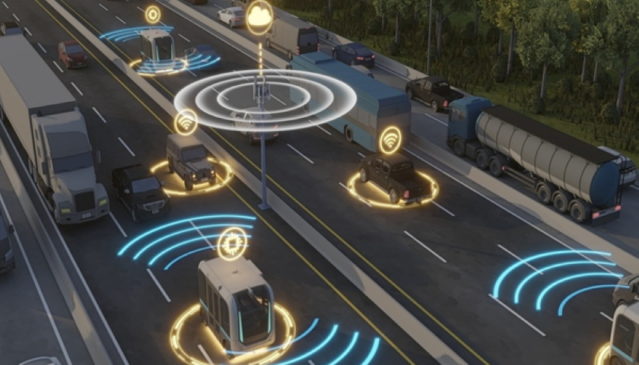Assembly Intelligence, an affiliate of transatlantic mobility fund Assembly Ventures, is partnering with Cintra to accelerate the development and deployment of technology-enabled transportation infrastructure.
Through the agreement, Cintra, one of the largest private global developers and operators of transport-related infrastructure, will work with Assembly Intelligence to engage key sector leaders in dialogue around the future of technology transformation in vehicle connectivity, safety, and sustainability.
Next-gen transport infrastructure
Chris Thomas, co-founder and partner of Assembly Intelligence, said continuing to build transportation infrastructure the way we have for decades is “a lost cause”. He added: “The future of mobility will emerge around the next generation of infrastructure, systems, and applications.”
In conjunction with the Cintra partnership announcement, Assembly also released a white paper, Mobility 4.0: Making Sense of a Sector in Transformation. This explores how transformation driven by connectivity and digitalisation will enable transportation systems to evolve and integrate a greater variety of modes that optimise individual needs.
Through a three-layered framework called ISA, the paper examines how new connections between infrastructure, systems, and customer facing applications can bridge current physical and digital connections in transportation systems.
Ricardo Sanchez, global head of technical services and innovation at Cintra, said: “Collaborating with industry leaders is key to developing innovative mobility solutions that create a more connected, safer, and sustainable mobility for all.”
“Industry partnerships are critical for sharing and exchanging knowledge, experiences, and ideas. Cintra is proud to announce our partnership with a visionary company like Assembly Intelligence and we look forward to working towards the common goal of improved mobility.”
He added: “Imagine improving fluidity, connectivity, and safety through smart highways, AVs, and other forms of transport, without the constant need for new roadway capacity. In that case, there are positive implications for wellbeing, the environment, taxes, and investment – and who doesn’t want that?”
Source: smartcitiesworld.net
Source: IOT NETWORK NEWS





